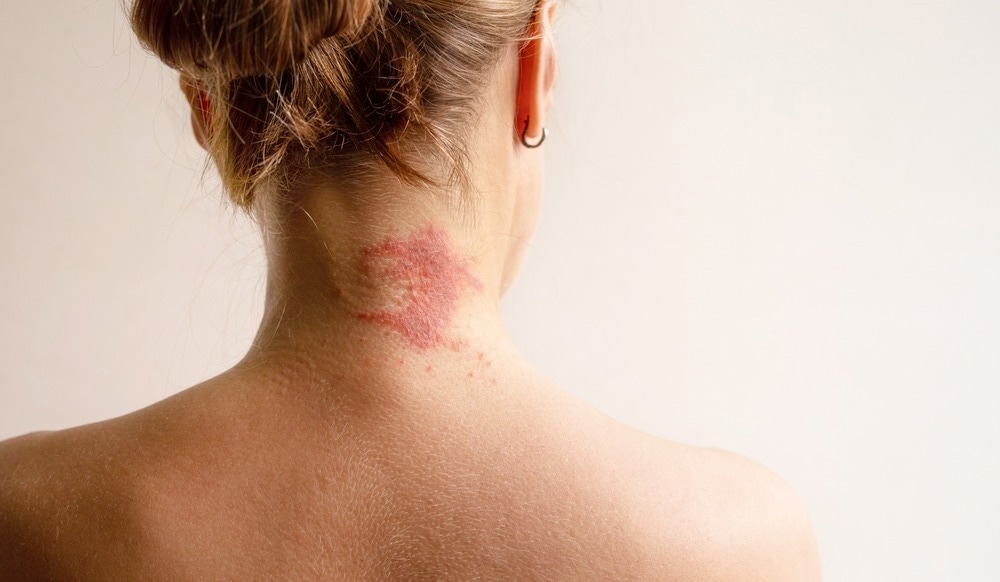AI Model Accurately Assesses Atopic Dermatitis from Smartphone Photos
A research team working together from Keio University Faculty of Medicine , Kyoto Prefectural University of Medicine, along with Teikyo University, collaborating with Atopiyo LLC has developed an artificial intelligence (AI) model designed to objectively evaluate the severity of atopic dermatitis (AD) through smartphone images submitted by patients to Japan’s biggest online AD forum. This advancement enables individuals to monitor their condition with greater precision from within their homes and supports quicker decision-making about their therapy. The research findings were published in Allergy .

Related Stories
Atopic dermatitis (AD), a common chronic skin disorder marked by periodic outbreaks, frequently requires ongoing surveillance and modifications to therapy. The increase in mobile apps and social networking sites has made it easier for individuals with this condition to monitor their symptoms, educate themselves, and document alterations over time.
Nevertheless, patient-reported issues like itchiness or trouble sleeping may not align with how severe the condition appears externally. This mismatch underscores the necessity for better standardised and objective evaluation techniques, underlining the growing utility of digital biomarkers in addressing this gap.
The research group made use of information from Atopiyo, the biggest AD platform in Japan, featuring contributions from over 28,000 users who have uploaded more than 57,000 images of their symptoms alongside individual remarks since 2018. The AI model created for this investigation includes three key algorithms: recognition of body parts, detection of eczema lesions, and assessment of severity using the Three Item Severity (TIS) scale, evaluating factors such as redness, swelling, and damage caused by scratching.
The AI model, which was trained on a dataset comprising 880 images along with their corresponding self-reported itch scores, exhibited high diagnostic precision. During a validation phase that included 220 test images, the AI-driven TIS (referred to as AI-TIS hereafter) displayed a robust association with the TIS ratings provided by dermatologists (with an R value of 0.73 and P less than 0.001), as well as a notable link with the objective SCORAD measurements (an R value of 0.53 with P equaling 0.04).
A significant number of individuals suffering from eczema find it challenging to assess the intensity of their condition independently. Our artificial intelligence system facilitates unbiased, immediate monitoring through nothing more than a smartphone, thereby equipping patients and possibly enhancing the administration of their treatment. .
Dr. Takeya Adachi, Lead Researcher of the Study, Keio University
A notable discovery from the research was the tenuous link between AI-generated severity ratings and patients' own reports of itching sensations. This discrepancy highlights the gap between how individuals perceive their condition and what can be observed as actual skin inflammation, thereby reinforcing the growing necessity for digital indicators to enhance accuracy in skin disorder treatment.
The team intends to improve the model’s versatility by incorporating a broader spectrum of skin tones and age categories, along with embedding additional clinical attributes derived from recognized assessment tools like SCORAD and EASI. This study establishes the foundation for AI-driven telemedicine applications aimed at offering essential assistance to both individuals and healthcare providers in practical settings.
Journal Reference:
Okata-Karigane, U., et al (2025) Utilizing an AI-driven Objective Evaluation of Atopic Dermatitis Severity from Patient Images in Real-world Conditions: A Digital Biomarker Perspective. Allergy . doi.org/10.1111/all.16586
Keio University Faculty of Medicine

Posting Komentar untuk "AI Model Accurately Assesses Atopic Dermatitis from Smartphone Photos"
Please Leave a wise comment, Thank you